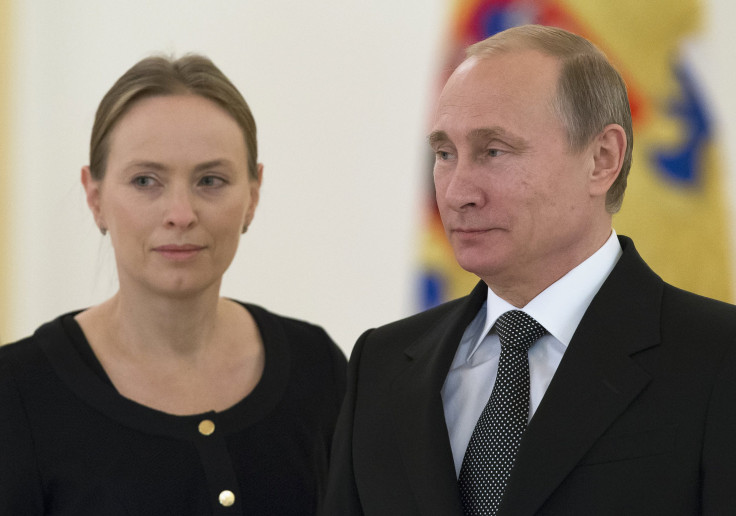Amid Russian Aggression, Polish Citizens Back EU Sanctions, Poll Finds

Amid growing tensions surrounding relations with Russia, Polish citizens are largely backing economic sanctions against the Kremlin, Sputnik News reported Tuesday. Nearly 70 percent of Polish citizens support decisions by the European Union and United States to extend the sanctions targeting associates of Russian President Vladimir Putin and the country's state banks, military and energy firms.
The economic sanctions against Russia were extended for six months on Monday to ensure that Russia complies with the Minsk ceasefire agreement signed with Ukraine in February, the BBC reported. The agreement was a deal that set out to halt the fighting in Ukraine between pro-Russia rebels and the Ukrainian government. It required military personnel and weapons to be removed from Ukraine but did not completely halt the fighting.
Russia has repeatedly denied direct involvement in the conflict between Ukraine and pro-Russia separatists that has killed more than 6,400 people. U.S. and Western leaders have suggested Russia has been involved in the fight and that the sanctions are a measure to prevent the country from continuing to help the pro-Russia rebels.
The survey of Polish citizens found that 68 percent of respondents support the extension of the sanctions, while just 11 percent were against them. Roughly 44 percent reportedly said the sanctions would be effective in preventing Russia from taking part in the eastern Ukraine conflict. Thirty-five percent said they did not believe the sanctions would be effective. The Polish Public Opinion and Research Center polled a total of 1,011 people between June 11 and 17, according to Sputnik.
The authors of the study said that "the Poles actively support European economic sanctions against Russia because they are convinced these sanctions are playing a key role in the conflict."
EU sanctions were first imposed on Russia after its annexation of Crimea in March 2014 and were increased as the fighting in Ukraine heated up. U.S. Secretary of Defense Ash Carter said recently the sanctions were effectively targeting Russia's "aggression" in Ukraine, according to the BBC.
"We do not seek a cold, let alone a hot war with Russia," he said, according to the BBC. "We do not seek to make Russia an enemy. But make no mistake: we will defend our allies, the rules-based international order, and the positive future it affords us. We will stand up to Russia's actions and their attempts to re-establish a Soviet-era sphere of influence."
Meanwhile, NATO suggested this month it could increase its forces, mostly around Russia's border, to as many as 40,000 troops. The troops, part of NATO's rapid response Spearhead Force, would be commanded by six headquarters, one of which would be in Poland. Spearhead Force’s first military exercise took place in Zagan, Poland, earlier this month.
© Copyright IBTimes 2025. All rights reserved.






















